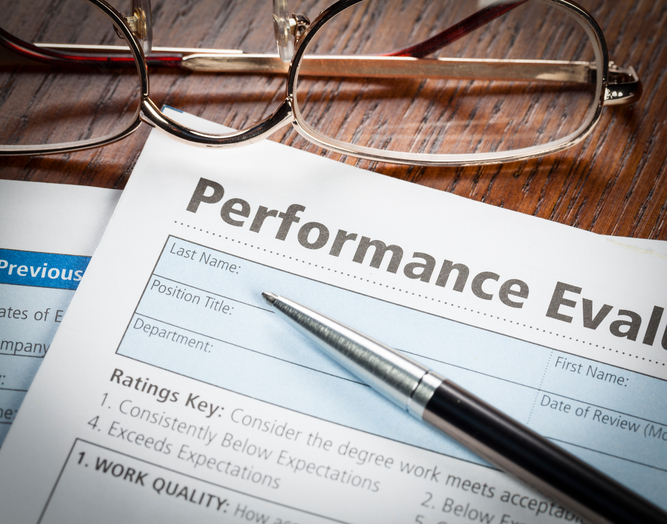Death to the Annual Performance Review! Long Live High Performance!

If “Annual Performance Review” was a U.S presidential candidate, the political pundits would be declaring the end of the candidacy is near.
All signs are pointing down:
- “Big business is falling out of love with the annual performance review” (Washington Post)
- “Let’s kill the performance appraisal process” (ChiefHRO.com)
- “Dump performance appraisals” (The Huffington Post)
- “Yes, everyone really does hate performance reviews (Wall Street Journal)
- “Let’s kill performance reviews in 2015” (Forbes)
- “Performance reviews: like bad high school movies” (Talent Culture).
You get the idea.
The topic is so hot that, as evidenced by some of the above sources, it’s gone beyond HR and leadership publications and reached the mainstream media. I wrote about it this past spring, indicating there is a better way of managing performance than the dreaded annual performance review. With the news that General Electric, a company long admired for its performance management processes and leadership development, is abandoning its formal annual reviews and legacy performance management system for 300,000 employees over the next couple of years, the trend was set in stone.
As I stated previously, “rather than a once-a-year review, a much-preferred way of doing business is for regular, more frequent interaction and exchange between employees and their managers,” with the first point in my 5 high-level steps to move away from annual performance reviews being:
“Stop having annual performance review!”
Whether your world is the world of multinational corporations, federal government, health care, higher education or just about any other industry, everything around you is likely changing too fast to rely on an annual performance review to engage your most important asset – your people. External forces, such as market conditions or new regulations, can quickly make an organizational goal that made sense on January 1st make little or no sense on June 30th. Of course, your people change also and managers need to be aware of those changes. With regular engagement, there should be no surprises.
Fluid times and a new generation of workers and leaders make the annual performance review mostly nonsensical. At the same time, better engagement and feedback, ongoing communication and interaction, coaching and better learning and leadership development will all contribute to a better-performing workforce and high-performing organization.
So I applaud the impending death of the annual performance review throughout the private and public sectors. And I am excited for the high performance cultures that can arise with a new mindset.
Follow Joe Abusamra on Twitter - @JoeAbusamra
Follow Acendre on Twitter - @AcendreTalent
Back To List